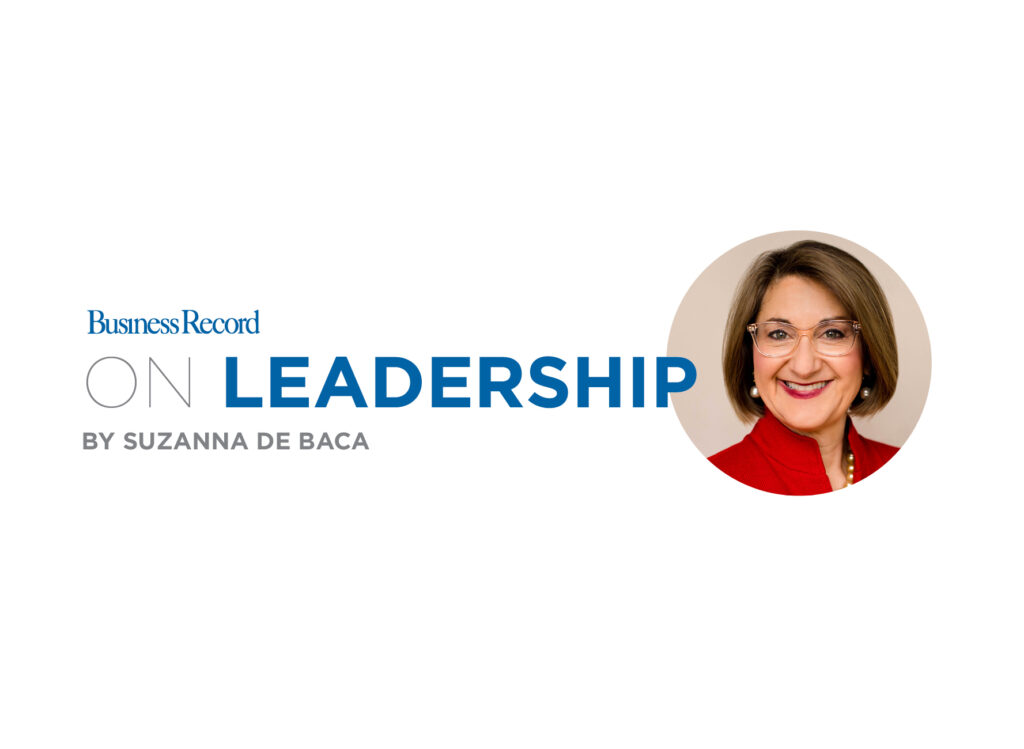GUEST OPINION: The future is bright for ESOPs in Iowa

Hundreds of employee-owned company leaders will gather in Des Moines this coming week to share best practices at one of the largest regional conferences on employee stock ownership plans (ESOPs) in the nation. The Midwest ESOP Regional Conference is convening in Iowa for the very first time ever. This is an important time to be talking about ESOPs anywhere, but especially here.
Iowa is on the verge of becoming a national leader in promoting employee ownership of companies as a way to protect and grow jobs. This year the state passed a law — the first of its kind in the nation — that makes it easier and more enticing for locally owned businesses to consider employee stock ownership.
The measure offers business owners a tax break if they sell the company to employees through an ESOP. Those who sell at least 30 percent to an ESOP are eligible for a 50 percent exclusion from Iowa’s capital gains tax. This is a powerful incentive.
What does the state get in return for the generous tax treatment? ESOPs encourage businesses to stay and grow in their local communities. They provide a way for owners to transition out of the business without having to sell to an out-of-state buyer.
It’s an all too familiar story these days. As owners near retirement, many are forced to sell because most of their net worth is tied up in the business. If the business is sold to an out-of-state buyer — which is becoming more common — local jobs are often lost because those buyers usually don’t have reasons to stay in the community. But employee-owned companies rarely leave. They have a strong incentive to stay local and to grow local.
That ownership culture helps ESOP companies be more successful and create more jobs. Studies show ESOP companies bounced back much more quickly after the recession than non-ESOP firms. ESOPs also increased jobs by 60 percent over the past decade while job growth in the private sector remained flat.
In addition to protecting and growing jobs, increasing the number of ESOPs supports two other major public policy goals:
• ESOPs promote broad ownership of companies. As a qualified retirement plan, the ESOP can’t be limited to just the management team or a small percentage of staff. ESOPs typically include all or most employees and allow them an ownership stake in the company in return for their sweat equity. Employees get to share in the wealth they are helping create. It’s not surprising that these employee owners tend to be highly motivated and productive.
• ESOPs help employees save significantly more for retirement. The ESOP is often a second retirement benefit that can help employees build a sizeable nest egg. The average account balance for ESOP participants is $195,000 according to the ESOP Association. That is significantly higher than what workers are saving on average. The Employee Benefit Research Institute reports more than half of Americans say they have less than $25,000 in savings.
Iowa has long been a leader in employee ownership. There are currently dozens of employee-owned companies across Iowa and a vibrant ESOP industry made up of administrators, consultants, valuation companies, attorneys and accountants.
Iowa’s new law has the potential to grow that industry and further showcase the state and its employee-owned companies. Other states are watching the new ESOP incentive and have expressed interest in following suit.
With October being National Employee Ownership Month, Iowa has more reasons than ever to celebrate. The future of employee ownership in our state looks very bright.
– Jerry L. Ripperger is the director of consulting for retirement and investor services at the Principal Financial Group. Read his blog at blog.principal.com.







